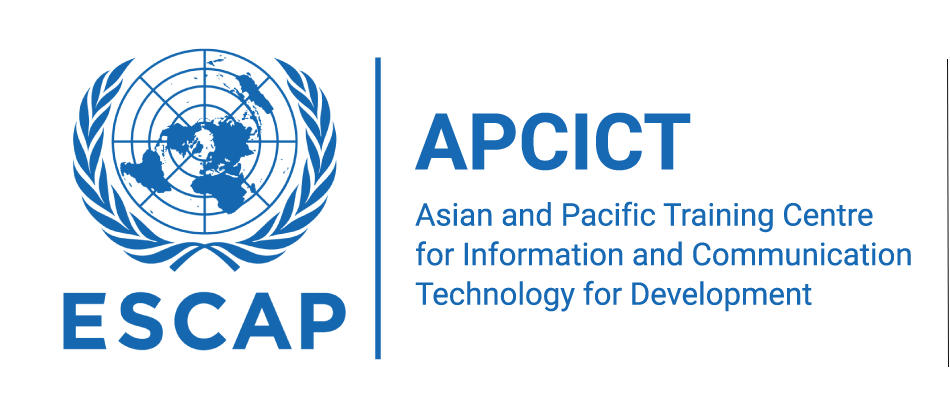ICTD InfoBank: A Knowledge Sharing Portal on ICTD for the Asia-Pacific region
The ICTD InfoBank has been designed and developed by APCICT as a place for online convergence of like-minded individuals and organizations working to strengthen capacities in the use of information and communications technology for development (ICTD) in the Asia-Pacific region. The ICTD InfoBank does not attempt to duplicate the work of other ICTD portals, it aims to provide easy access to relevant resources on ICTD. The resources available in the ICTD InfoBank aims to support trainers and educators in building ICTD capacity, and assist policy makers in making informed decisions.
Resources on the ICTD InfoBank include: publications, reports, journal, articles, working papers, training manuals, guidelines, case studies, video and audio files, and multimedia materials, as well as web portals with links to relevant resources, and blog sites. Users can browse these different types of resources by various topics (e.g. e-commerce, e-governance), by country, or by organization that have published these resources.
No Resources were found.


